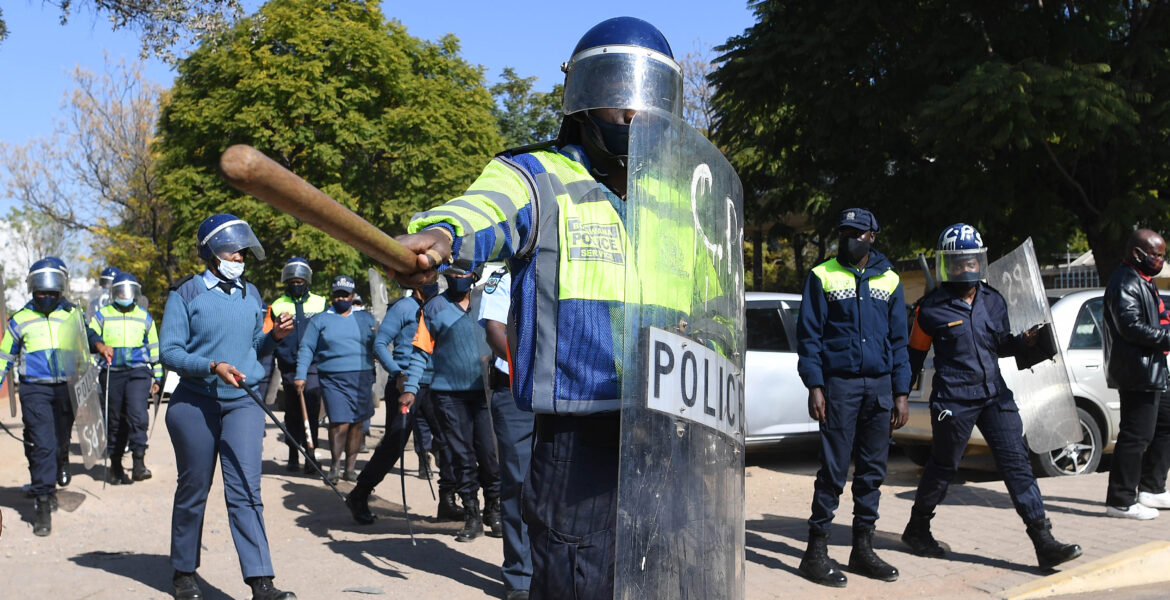- Experts to visit prisons, police stations, and refugees and detention centres
- Will present final report on findings next year
- Findings of Working Group matter because they are quasi-legal and carry weight
TEFO PHEAGE
The United Nations Working Group on Arbitrary Detention is in Botswana to investigate cases of deprivation of liberty imposed arbitrarily or inconsistently with the international standards set forth in the Universal Declaration of Human Rights, or international legal instruments.
The UN agency is scheduled to conclude its work on 15 July 2022.
In their investigations in Botswana, the UN delegation will meet government officials, civil society groups and other relevant stakeholders. The experts will also visit places where people are held, including prisons, police stations and institutions for juveniles, migrants, and people with psychosocial disabilities to gather information for their assessment.
Opinions of the UN Working Group on Arbitrary Detention are quasi-judicial in that they are not legally binding. However, they are argued like a legal decision and will be taken into account by other UN special bodies, such as the Human Rights Committee.
Upon completion of their work, the Working Group will share their preliminary observations on 15 July 2022 and deliver their final report to the Human Rights Council in September 2023.
According to a fact-sheet, examples of the kind of issues that the Working Group examines include detention arising from a fundamental breach of human rights such as freedom of expression or freedom of thought, conscience, and religion; excessive time being spent on remand before being brought to trial; where a person is detained after they should have been released; and house arrest.

